The fashion industry stands at a crossroads, where the allure of style and trends intersects with the urgent need for sustainability. Traditionally, fashion has been synonymous with excess, a cycle of rapid production, mass consumption, and disposal that exacts a heavy toll on the environment and society. However, in recent years, there has been a paradigm shift. The fashion industry is increasingly recognising its responsibility to embrace sustainable practices, not merely as a trend but as an imperative for the future.
The fashion industry significantly contributes to the global economy, generating billions of dollars in revenue annually. However, it's also known for its adverse impact on the environment and society, including water pollution (20 percent of which comes from textiles) and greenhouse gas emissions (10 percent of overall GHG emissions stem from textiles). By 2030, greenhouse gas emissions from the fashion industry are expected to surge by more than 50 percent.
In response to growing awareness about climate change and the detrimental effects of fashion, governments are implementing laws to regulate the industry from an environmental standpoint. Measures such as PEF-CR, EPR, Ecodesign EU Green Deal, and BRSR are being introduced, with the EU's CBAM imposing fines and penalties on unsustainable goods. Although textiles are currently excluded from CBAM, discussions suggest their inclusion in the future.
Consumers are increasingly demanding that fashion companies prioritise sustainability. India Sustainability Report 2023 found that 45 percent respondents want to adopt recyclable fashion, 49 percent like to adopt sustainable practices and 22 percent would prefer upcycled garments. Likewise, 64 percent of those polled across Hong Kong, London, New York, Shanghai, and Tokyo regard themselves as supportive of sustainable fashion, according to a recent KPMG survey.
Major brands and manufacturers are acknowledging the importance of sustainability, with over 40 leading companies in India committing to the SBTi framework and actively reducing their GHG emissions. Similarly, global top brands are setting GHG emission reduction targets and seeking sustainable suppliers.
Companies prioritising sustainability are more likely to attract investment and secure funding, given the rising focus on Environmental, Social, and Governance (ESG) factors among investors. Funds like the Good Fashion Fund offer lower interest rates for investments in sustainable textiles.
Despite the opportunities, sustainability poses challenges for the fashion industry. The cost of environmentally friendly materials and raw materials can be higher, and companies must identify cost-effective decarbonisation options, improve energy efficiency, optimise supply chains, and enhance production efficiencies. Technical ESG tools such as Sphera or GreenStitch can help address these challenges.
India's textile industry has the potential to capitalise on sustainability laws by investing in sustainable practices, thereby maintaining its leadership in the global market. The industry is already making strides in this direction by adopting sustainable practices such as input management, regenerative organic farming, and solar rooftops.
The Indian government has also launched initiatives like the Sustainable Resolution (SU.RE) and the Handloom and Handicrafts Development Programme to promote sustainable fashion. Private-public partnerships, alliances, and collaborations are also enhancing the policy framework for sustainable fashion. For example, the Ministry of Textiles in India's Saathi initiative aims to promote sustainable textile production with support from private sector partners.
In conclusion, as the fashion industry grapples with the imperative of sustainability, it stands at a critical juncture. With concerted efforts from governments, consumers, brands, and manufacturers, there's a tangible momentum towards greener practices and responsible production methods. By embracing sustainability as a cornerstone of their operations, fashion companies not only mitigate environmental and social impacts but also unlock avenues for innovation, growth, and long-term resilience.
As India's textile sector embraces these principles, it not only reinforces its global competitiveness but also spearheads a transformative shift towards a more sustainable future for the industry as a whole. Through collaborative initiatives, technological advancements, and a steadfast commitment to ethical practices, the fashion industry can pave the way towards a more sustainable and equitable world.
(Dr. Heera Lal, an IAS and Special Secretary for irrigation in the Uttar Pradesh government)
For reference web link: https://planet.outlookindia.com/opinions/indias-textile-industry-leads-the-way-in-sustainable-fashion-news-417523

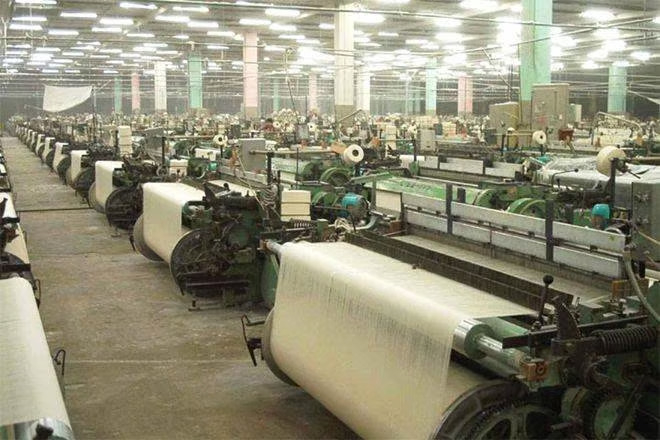









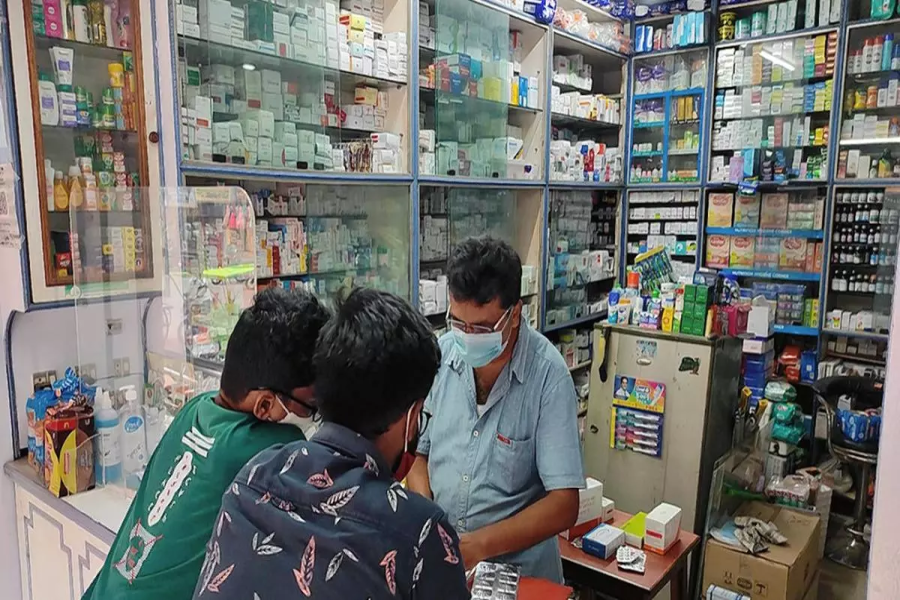
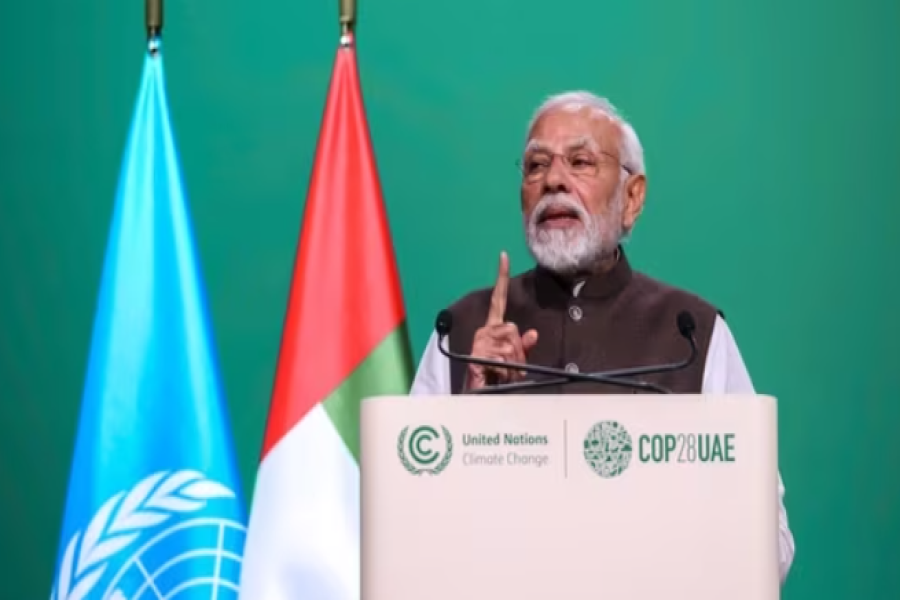

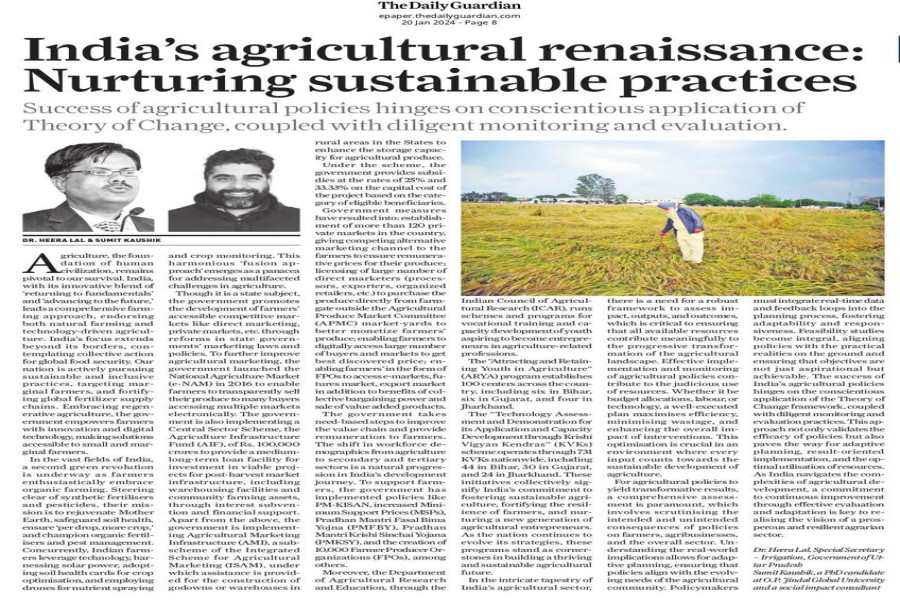




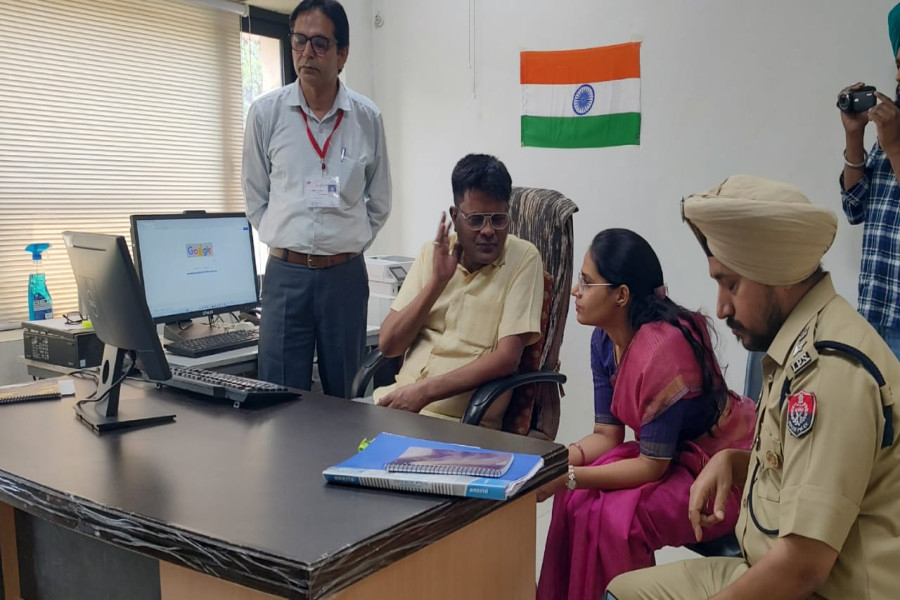


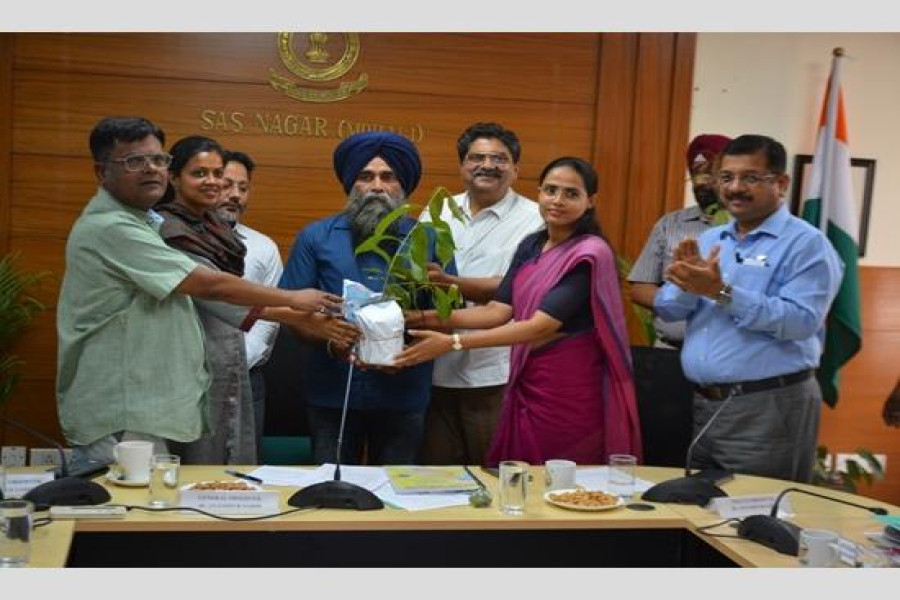




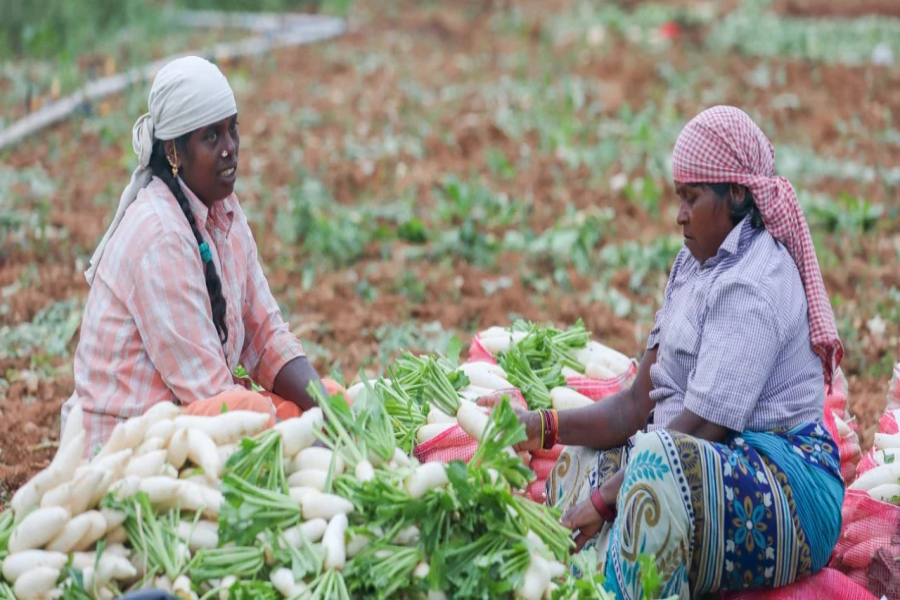


.jpg)